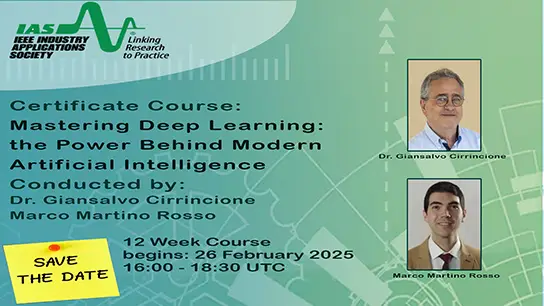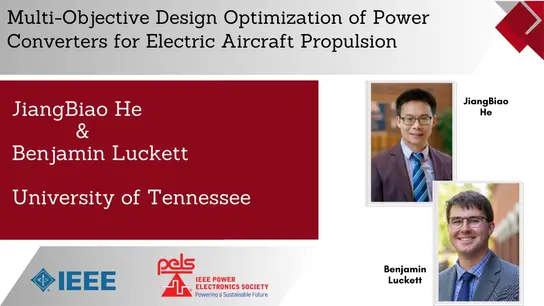-
Members: FreeEPS
IEEE Members: Free
Non-members: FreeLength: 01:05:00
16 Jul 2021
Abstract: Electromigration (EM) reliability of solder joints has emerged as one of the critical challenges to successful development of advanced electronics because it creates serious limitations on the scaling of device packaging assembly. With a continuing demand for high performance devices, where the interconnects are required to utilize a reduced amount of material and structural redundancy, the issue of failure induced or instigated by EM is becoming a major reliability concern. While results from past studies have provided useful insights, the failure mechanism is far from well understood and still presents many uncertainties. Especially lacking is our understanding of the EM failure under non-DC conditions (pulsed DC and AC) with an absence of proper studies. While the non-DC EM mechanism is of practical importance, it is presently impossible to estimate without speculative extrapolation of DC-based mechanisms. Spurred by the need to better understand the EM mechanism not only under DC but also under non-DC conditions, we have conducted comprehensive studies on the EM failure in SAC solder joints over the past few years. Various new and enhanced understandings were made, and we believe that they will enable more reliable evaluation of EM reliability of solder joints in the field. Supporting evidence of our belief along with the introduction of the responsible mechanisms will be described in this presentation.
Dr. Choong-Un Kim, a professor and an associate chair of the Department of Materials Science and Engineering at University of Texas Arlington, received his PhD in Materials Science and Engineering from the University of California at Berkeley and his MS and BS from Seoul National University. He joined UT-Arlington in 1996, where he initiated various research programs mostly related to the reliability problems in chip-level interconnects (thin film metals and dielectrics) and also in interconnects for device packaging. Recent research foci include the electromigration failure mechanisms in solder joints, development of fault-detection methods, and deposition of refractory metals via electrochemical routes. His research on interconnect has been continuously funded by SRC since 2002 and also by other microelectronics companies including Texas Instruments, Intel, and CISCO.


